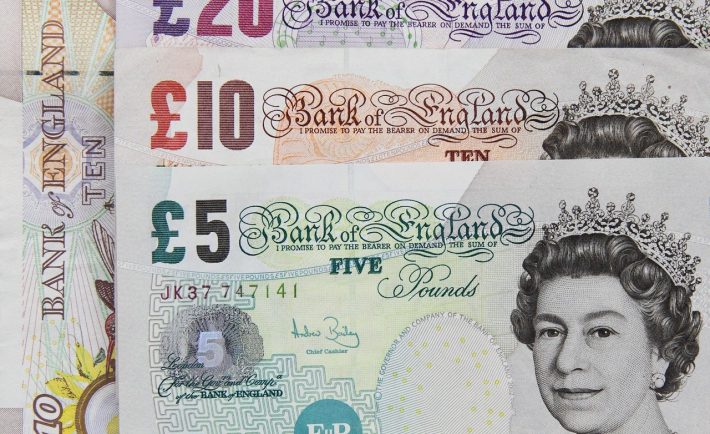
The death of Queen Elizabeth II marks the start of a new era for the United Kingdom, but it is fraught with economic uncertainty and the loss of one of its pillars of stability.
Queen Elizabeth II, the UK’s longest-serving monarch, has died at the age of 96. She died peacefully last Thursday at Balmoral Castle, Scotland. She is succeeded by her eldest son, who was proclaimed King Charles III hours after her death.
Queen Elizabeth II was one of the pillars of stability and continuity as her reign spanned from the aftermath of WWII to the 2016 Brexit vote and the 2020 global pandemic. She symbolized consistency in a world of constant change. With the news of her passing, thousands of Brits gathered outside Buckingham Palace in the pouring rain to pay their respects.
Her passing will be followed by a period of solemn ceremony, during which no government announcements will be made until after her funeral. This will then be marked with a public holiday in approximately 10 days. Moreover, the Bank of England has postponed its monetary policy meeting by a week.
SUSPENSION OF NORMAL POLITICS
The Queen’s final act of public service was the appointment of UK’s new prime minister Liz Truss. Merely days after her appointment, the suspension of normal politics went in place.
Truss enters at a time when the country is experiencing its worst economic outlook in years, a deepening energy crisis, and an increased inequality.
Hours before the Queen’s passing, Truss outlined her plans to combat the UK’s cost-of-living issues, unveiling a broad stimulus package, which is designed to help households and businesses struggling to cope with the soaring prices of energy bills. The package could cost as much as £150 billion (about S$243 billion), according to analysts at Berenberg. Finance minister Kwasi Kwarteng is set to confirm the package’s price tag later this month.
INCREASING RECESSIONARY RISKS
Goldman Sachs warned that the UK could fall into recession in the fourth quarter of this year, which echoed the earlier forecasts from the Bank of England. The British pound has already been on a downward spiral over the past several months, hitting a 37-year low of $1.1469 last Wednesday.
Historian and Professor of King’s College London Andrew Roberts said: “We are facing a massive cost-of-living crisis in the UK, obviously, and what people want to see is the Royal Family reflecting that.”
CHANGES IN BANKNOTES
The UK banknotes which feature the portrait of the Queen will continue to be legal tender, according to the Bank of England. Additionally, it would announce its plans to print new banknotes with a portrait of King Charles III after the period of mourning.




